Submission Deadline
28 February 2026
Judging
Date
24 & 25 March 2026
Winners Announcement
22 April 2026
28 February 2026
24 & 25 March 2026
22 April 2026
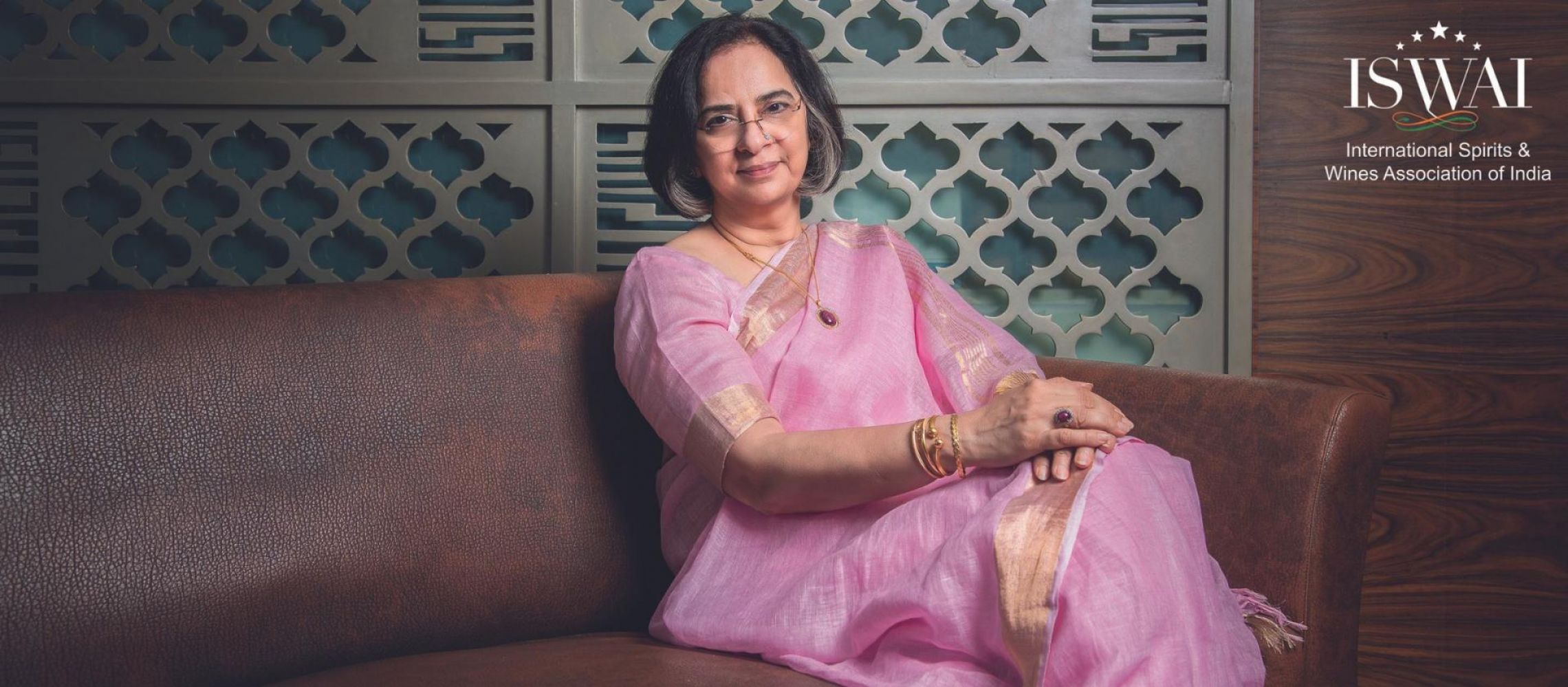
The International Spirits and Wine Association of India (ISWAI) plays a pivotal role in advocating for the Alcohol Beverage industry in India, representing global leaders such as Bacardi, Diageo, and Pernod Ricard. With a focus on promoting responsible consumption and best practices, ISWAI aims to create awareness and knowledge about alcohol products among stakeholders. Nita Kapoor, CEO of ISWAI, sheds light on the association's current initiatives, emphasizing the importance of moderation and dispelling myths surrounding alcohol consumption.
The Indian Spirits and Wine Association of India (ISWAI) indeed plays a vital role in advocating for the Alcohol Beverage industry in India. ISWAI is recognized as an authoritative body of the Indian Premium Alcoholic Beverage Industry. Our member companies, ‘Invest in India’, ‘Make in India’, ‘Make for India, and ‘Export to the World’. Members of ISWAI include global leaders in both the spirits and wine industries, e.g., Bacardi, Beam Suntory, Brown Forman, Campari, Diageo-United Spirits, John Distilleries, Moet Hennessy, Pernod Ricard, and William Grant & Sons.
ISWAI passionately pursues creating awareness and knowledge about alcohol products and moderation of consumption amongst its stakeholders including consumers.

Image Source: ISWAI
One of our key messages is:
There is no such thing as light or mild alcohol.
In the realm of alcohol consumption, myths, and misconceptions often prevail, leading to potentially harmful behaviors and misguided policies. Nita Kapoor, CEO of the International Spirits & Wines Association of India (ISWAI), sheds light on some of these misconceptions and their implications for public health and policy.
There is a general myth and misperception among many consumers that distilled spirits are ‘stronger’ (and therefore more intoxicating) than beer or wine regardless of the quantity consumed. Nita Kapoor clarifies that the alcohol in all beverages containing alcohol is the same with the same effects on the body. The key lies not in the type of drink, but in practicing moderation. Understanding the alcohol content and serving sizes of different beverages is crucial for responsible consumption.
Our members are proud of their commitment to building communities and saving natural resources for the next generations.
- Some of the initiatives conducted on responsible production are fostering resilience and safeguarding the availability and quality of groundwater. Ground Water saved and replenished is over 1MN Cu M; over 3,392 Million liters of water potential has been created since 2019.
- Skill development programs are conducted in rural India to enable livelihoods.
- Access to quality health care is provided among the rural poor. 10,922 patients have been served through dispensaries in FY 2022-2023. ~14,96,000 patients have been served over the past 15 years.
- Some of the initiatives conducted on responsible drinking are anti-drink and drive programs with strong consumer-led messages. Moderate consumption is being promoted through education on the harmful effects of alcohol. More than 1.6 L people have been reached out to with messages of moderate consumption.
In 2023, ISWAI released a report titled "Economic Value of the Indian Alcoholic Beverage Industry," which marked a significant milestone in India, being the first comprehensive report of its kind. The report aims to address the long-standing issue of fragmented information in the industry, serving as a stepping-stone towards compiling multiple sources of information on the alcoholic beverage sector.
This report not only examines the direct contribution of the alco-bev sector to the Indian economy but also how it adds to the value chain be it through direct tax contribution, supporting farmers' livelihoods, attracting consumers to the F&B industry, value-add to tourism, the impact on the packing industry and the retail industry. Overall, the Alco-Bev industry supports > 79 lakh livelihoods, directly and indirectly, in only three of the five sectors mentioned above. This is 1.5% of the total number of persons employed in the country in FY20 (52.2 crore*).
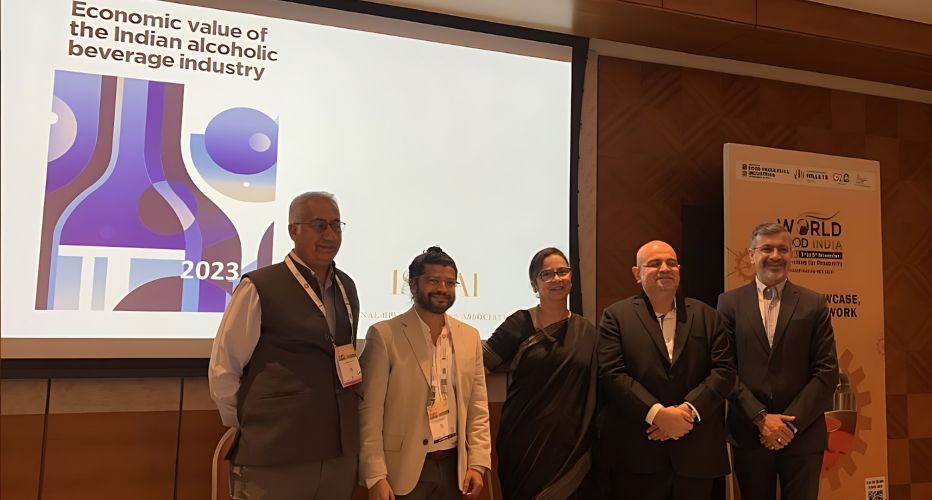
Image: ISWAI at World Food India 2023
ISWAI works closely with its member companies to collaborate and drive industry growth. ISWAI organizes regular meetings with member companies, partakes in Industry forums and events, holds round table discussions, establishes working groups on specific industry topics, and collaborates with experts on specific topics. These are some of the ways in which ISWAI facilitates collaboration and knowledge sharing.
ISWAI collaborates with its members to advocate for policies with respect to retail outlets, and regulations such as timings, standardization of public holidays, sharing of reports and data that reflect the growth of the premium alcohol segment, and increase in contribution on excise collections by the states.
Consistency and predictability of state excise policy that ensures businesses plan out their operations and the urgent need for an inflation index model based on WPI or a direct inputs cost unique to this sector is at the forefront of ISWAI advocacy with states. It’s about time all the stakeholders address the ‘over-regulation’ that the alcohol beverage sector in India is facing.
The trend of in-home consumption and with friends has increased considerably and ISWAI has been advocating to states to consider for home delivery of Alcoholic products in various states since the onset of the COVID-19 pandemic. ISWAI has also shared strict KYC norms and offered tech guidelines whilst advocating for home delivery of alcobev products.
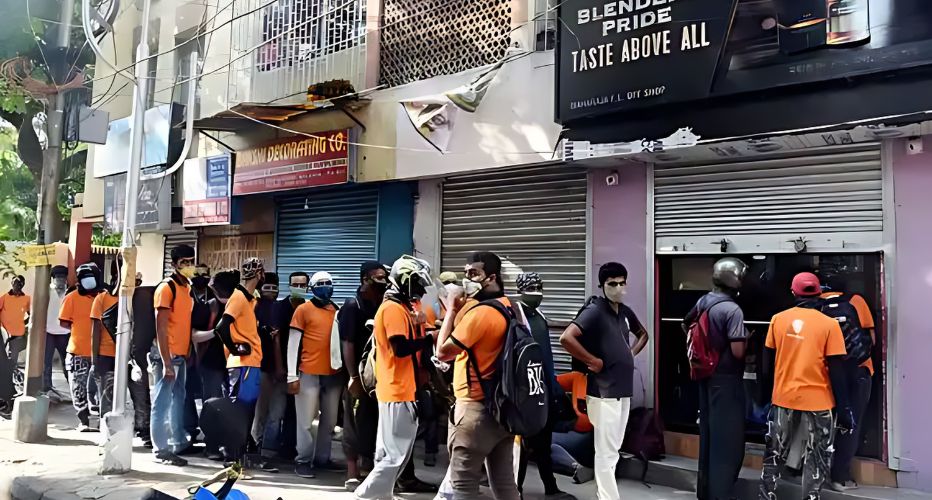
Image Source: ISWAI
At 2% Imported products in India are a tiny fraction of the total spirits industry of India. ISWAI is in continuous engagement with states to rationalize taxes that will help reduce the high MRPs in states thereby creating a runway for growth in volumes and increase in excise collections for the state.
In India, people are yet to walk their talk when it comes to changing over to recycled products like the ones Rcube artisans were offering, as we like to compare costs with large e-commerce sites which have a huge price differential for similar products that are made out of various types of plastic materials and non-sustainable materials. After nearly 3 years of developing consumer awareness, I have put Rcube on hold for now with plans to revisit it in the future.
Creating awareness on moderation of consumption and lifestyle, alcohol is alcohol and busting the myth of light or mild alcohol, communication drives on don’t drink and drive, calling out to abolish tax leverages amongst states that feed the menace of counterfeit.
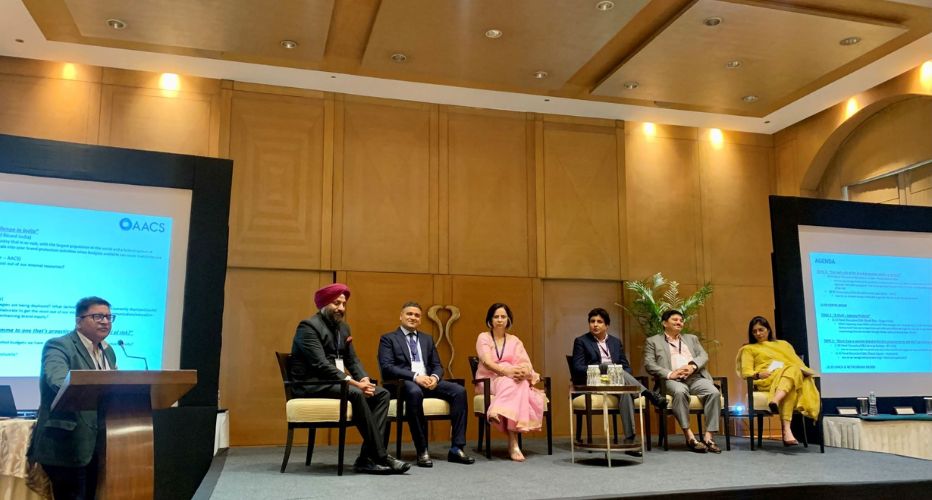
Image: ISWAI and Industry members sharing experiences, cases, and insights on tackling the menace of counterfeit products at the seminar organized by AACS Brand Protection Seminar.
The Indian Alobev Industry is currently valued at USD 52.4 Billion and is expected to grow to USD 64 billion in the next 5 years. There has been a significant shift in premiumization which is driven by changing consumer preferences, rising disposable incomes, evolving lifestyles, and the growth of digital engagement which is expected to continue.
The industry has also kept up with this trend by expanding its premium portfolio across categories, expanding into the Made in India Single Malt category, and introducing new categories.
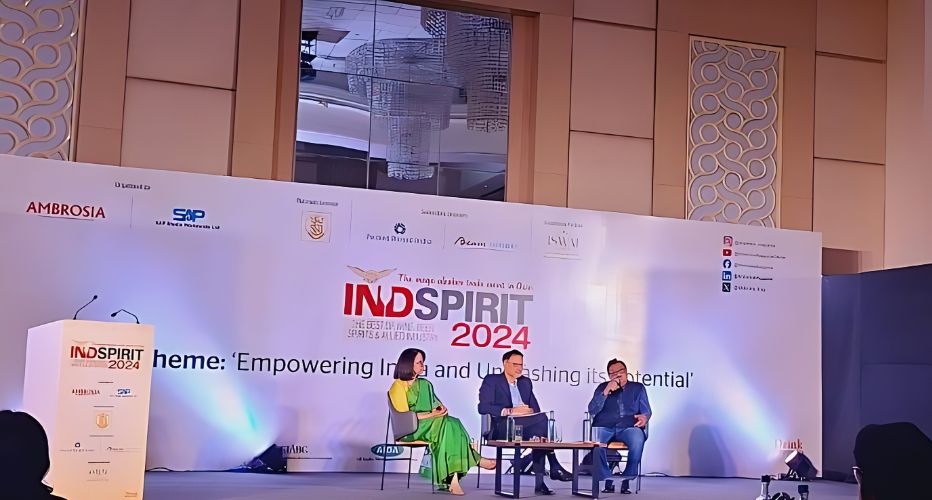
Image: Nita Kapoor at INDSPIRIT 2024.
My vision for ISWAI revolves around transforming the landscape in India into one that looks at advancing industry standards, policy reforms, and best practices related to EODB among others.
As the Indian AlcoBev industry continues to evolve, ISWAI remains committed to promoting diversity, sustainability, and responsible consumption. Through its collaborative efforts with member companies and advocacy for favorable regulatory environments, ISWAI strives to drive innovation and growth in the market. Looking ahead, Kapoor envisions a future where the industry thrives on premiumization, compliance, and ethical business practices, ensuring a positive impact on both the economy and society.
In conversation with Malvika Patel, Editor and VP, Beverage Trade Network
Show your spirits where it matters. Get your products tasted by top bartenders, buyers and experts at the London Competitions — enter now.